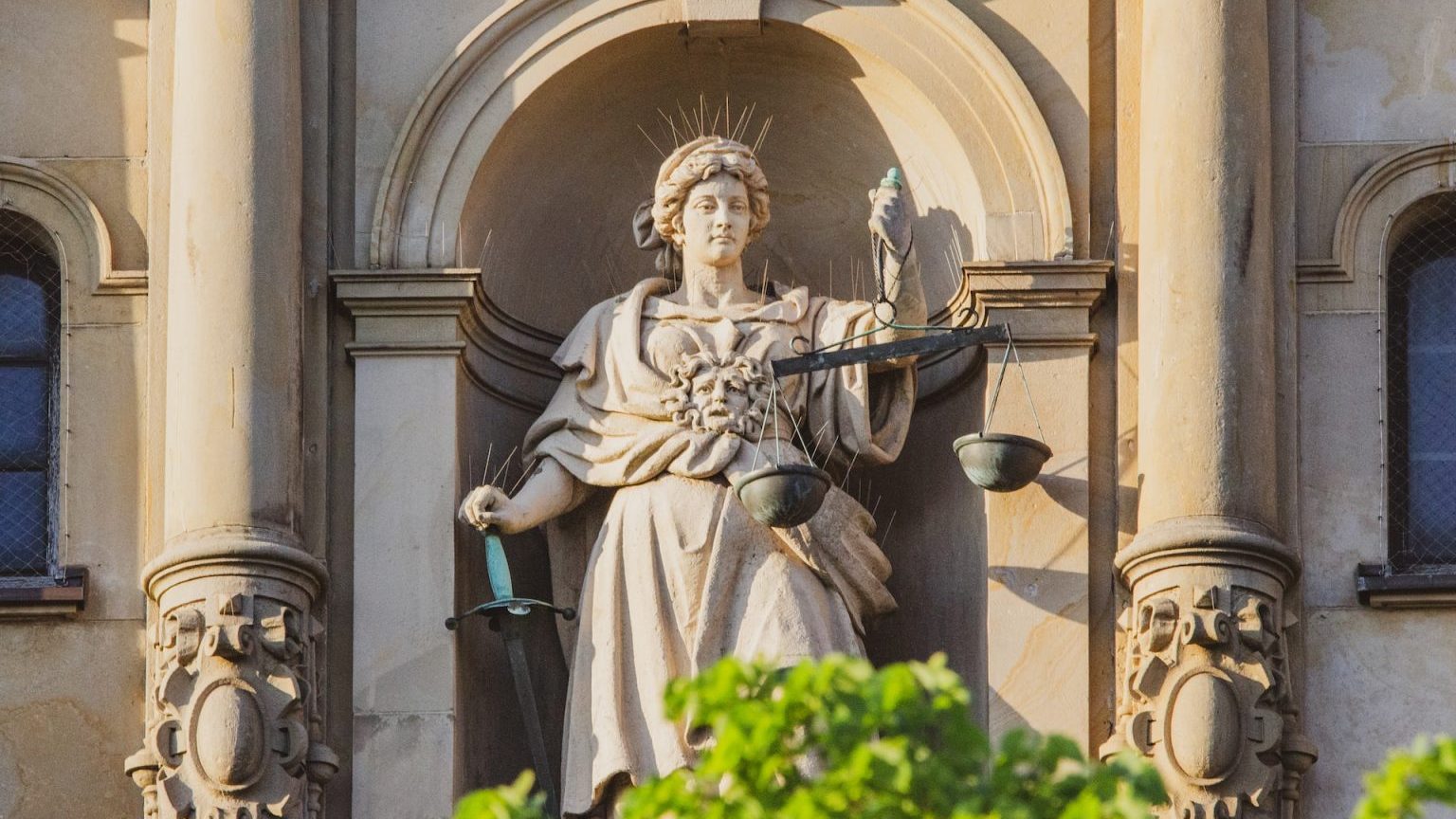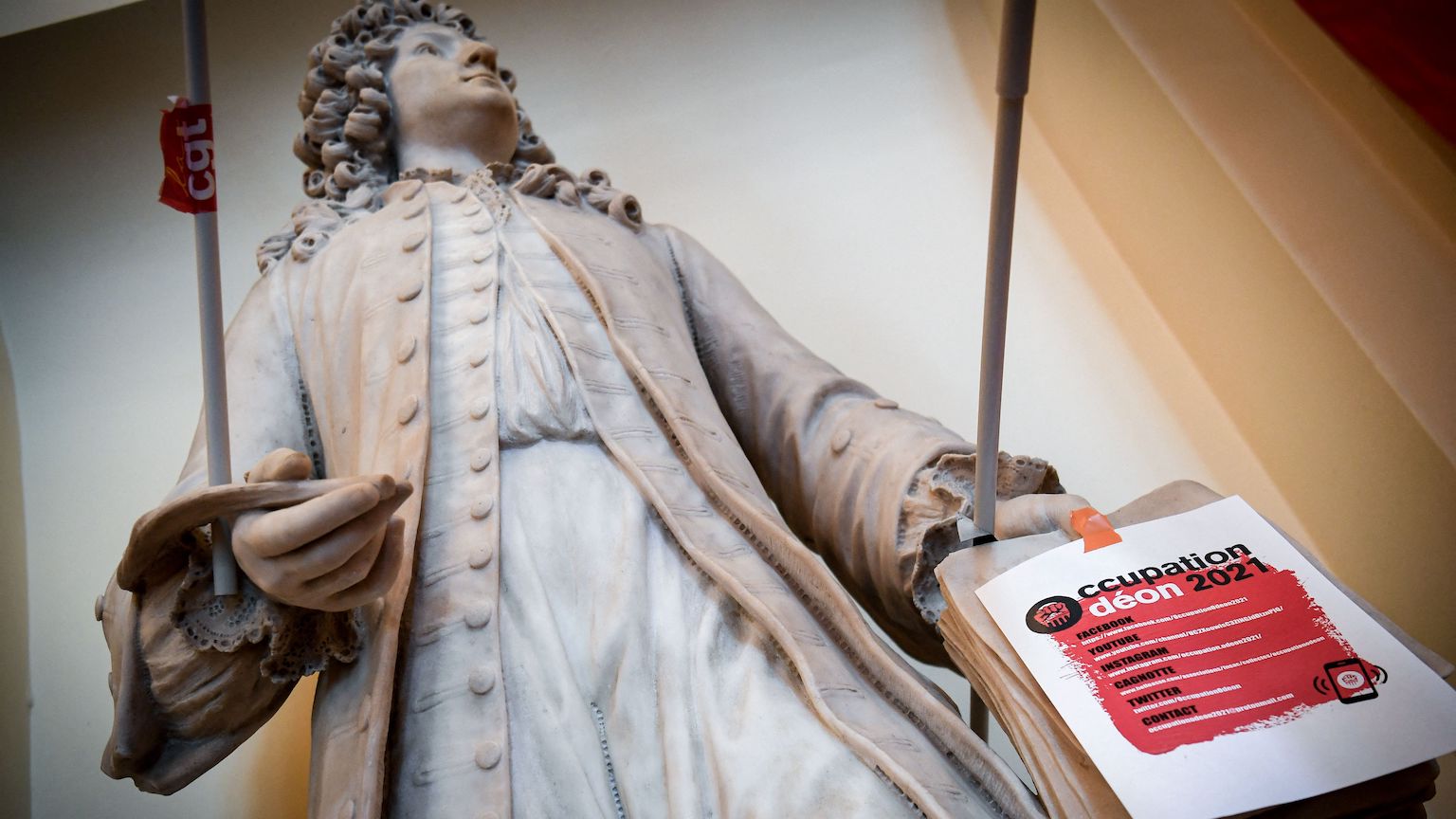Shrink Torture
Despite it being US military practise to have a psychologist present during torture to “protect the victim”, experts argue there is “no role for mental health professionals” in such situations.”Psychologists and psychiatrists should not be expected to participate in torture as they do not have the expertise to assess individual pain or the long-term effects of interrogation, says experts in an analysis posted online in the British Medical Journal. The authors, Derrick Silove and Susan Rees, from the University of New South Wales in Australia, say some senior members of the US military have argued that a psychologist’s presence is necessary to protect the prisoner or detainee from the ‘severe physical or mental pain or suffering resulting in prolonged mental harm.’ They add that several leading scientific journals have also published papers by authors who support the presence of mental health professionals as protection for detainees. But the authors believe that there is no established marker to assess ‘extreme experiences that cause pain or psychological trauma’ and do not believe it is possible for professionals ‘to make accurate assessments of the level of pain or mental trauma being experienced by the detainee.’”




